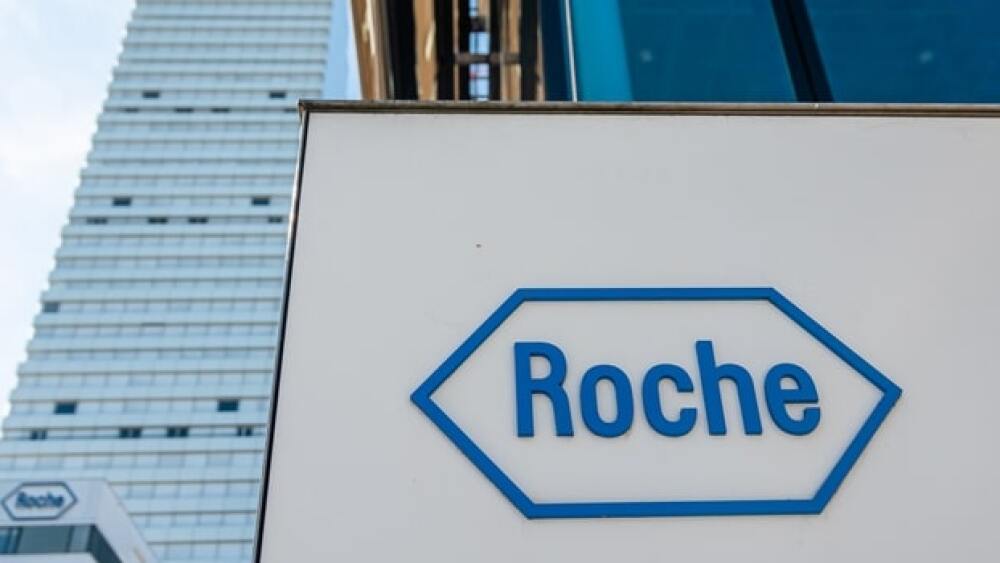The FDA has accepted Sarepta’s BLA for the accelerated approval of SRP-9001, an investigational gene therapy for DMD. Roche is responsible for commercialization outside the U.S.
Taljat David/Shutterstock
The FDA has accepted Sarepta’s Biologic License Application for the accelerated approval of SRP-9001 (delandistrogene moxeparvovec), an investigational gene therapy for Duchenne Muscular Dystrophy (DMD).
The Agency has also granted the therapy priority review and set the regulatory action date for May 29, 2023. Sarepta is responsible for SRP-9001’s U.S. application. The company is working with Roche for commercialization outside the country.
The BLA was supported by data from three studies: SRP-9001-101, SRP-9001-102 and SRP-9001-103. Cumulatively, these studies totaled more than 80 patients treated with SRP-9001, demonstrating positive efficacy measures at various time points up to four years after treatment. Extensive pre-clinical evidence also formed part of the BLA.
“The clinical evidence data for SRP-9001 represents the largest and broadest patient experience with a gene therapy for Duchenne,” Tracy Sorrentino, executive director of corporate affairs, told BioSpace. “Within the context of Duchenne and other rare diseases, it’s a very robust sample size and one that will grow with data from EMBARK.”
As part of the FDA’s accelerated approval pathway, Roche and Sarepta have also initiated the EMBARK trial, a global, randomized, double-blinded and placebo-controlled study of SRP-9001 in DMD patients aged 4 to 7 years old. With 125 participants enrolled, EMBARK is being proposed as the post-marketing confirmatory study for SRP-9001. Data are expected to start rolling in late next year.
Arising in one of every 3,500 to 5,000 male infants worldwide, DMD is a rare neuromuscular disease caused by mutations in the gene encoding for the protein dystrophin. These genetic alterations manifest as developmental delays and, in more progressed forms of DMD, as limb weakness, loss of independence and difficulties in breathing. The disease is universally fatal.
SRP-9001 aims to treat DMD by delivering a gene that codes for a functional copy of dystrophin to the muscle tissues.
Sarepta and Roche entered into a partnership in December 2019, with Roche surrendering $1.15 billion upfront for exclusive rights to SRP-9001.
The DMD Gene Therapy Race
Monday’s BLA acceptance makes Roche and Sarepta the leaders of a tight race to bring a gene therapy for DMD over the regulatory finish line.
Waiting in the wings is Pfizer, whose DMD hopeful PF-06939926 encountered a roadblock in late 2021 after a treated patient died. The FDA soon put the study under clinical hold, which it then lifted earlier this year after the company had addressed the agency’s concerns. PF-06939926 was granted Fast Track designation in 2020.
Also working on a gene therapy for DMD is Solid Biosciences, which has also been having trouble. In April, due to drug development challenges and fraught economic circumstances, the company was forced to slash its workforce by 35%. AccordingAccording to Solid’s leadership, this this would allow the company to focus on two key programs that hold the highest potential for DMD.
In May, Pfizer, Sarepta, Solid and Genethon joined arms to investigate why they were all being tripped up by serious safety concerns.
At the American Society of Gene and Cell Therapy Meeting, the companies theorized that the adverse events were most likely driven by the body’s immune responses to the protein expressed by their gene therapeutic. The companies are also looking to extend this collaboration to identify potential underlying mechanisms for these toxicities.






